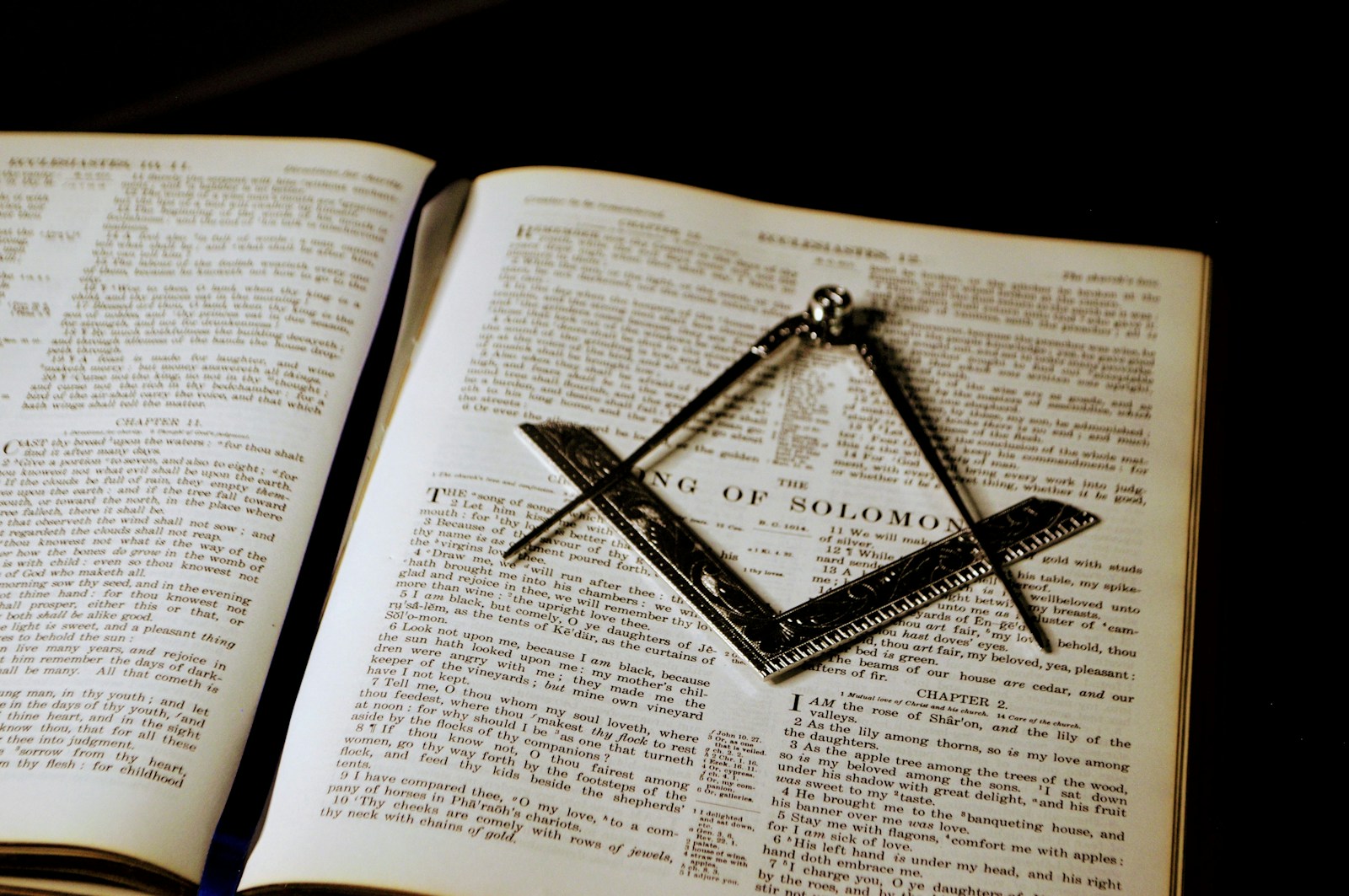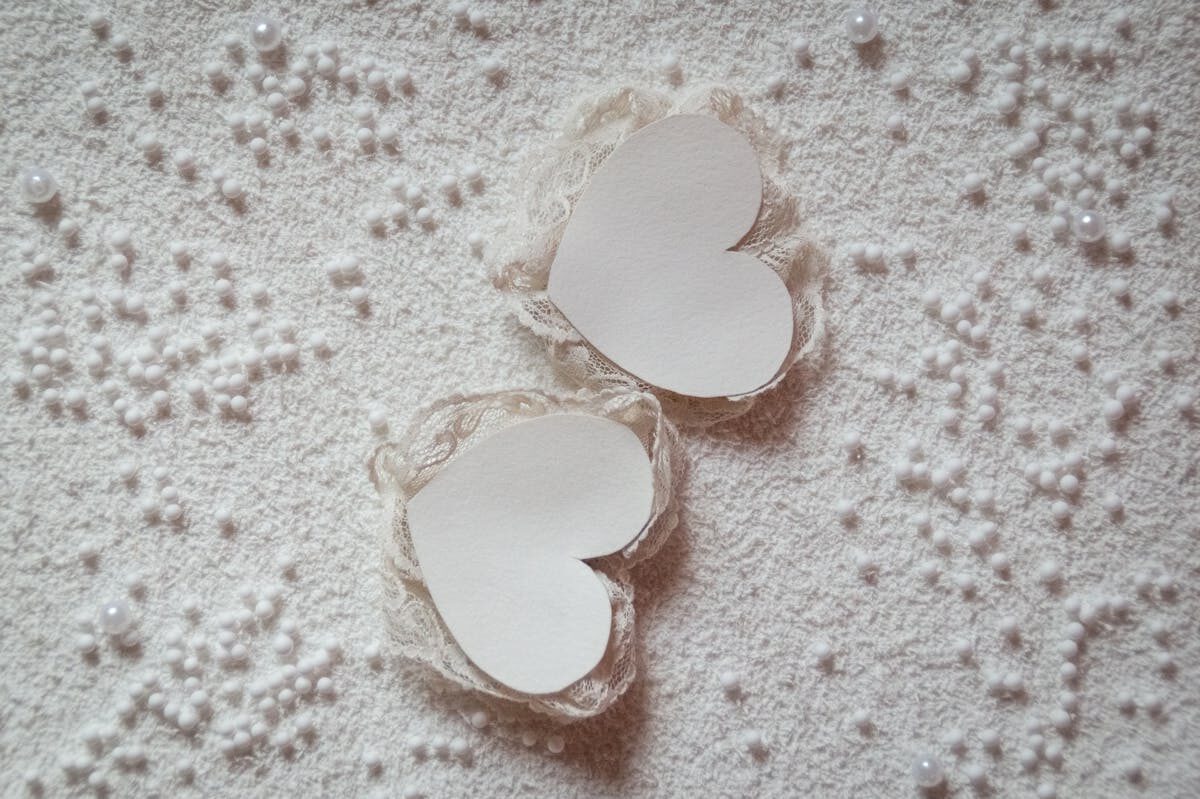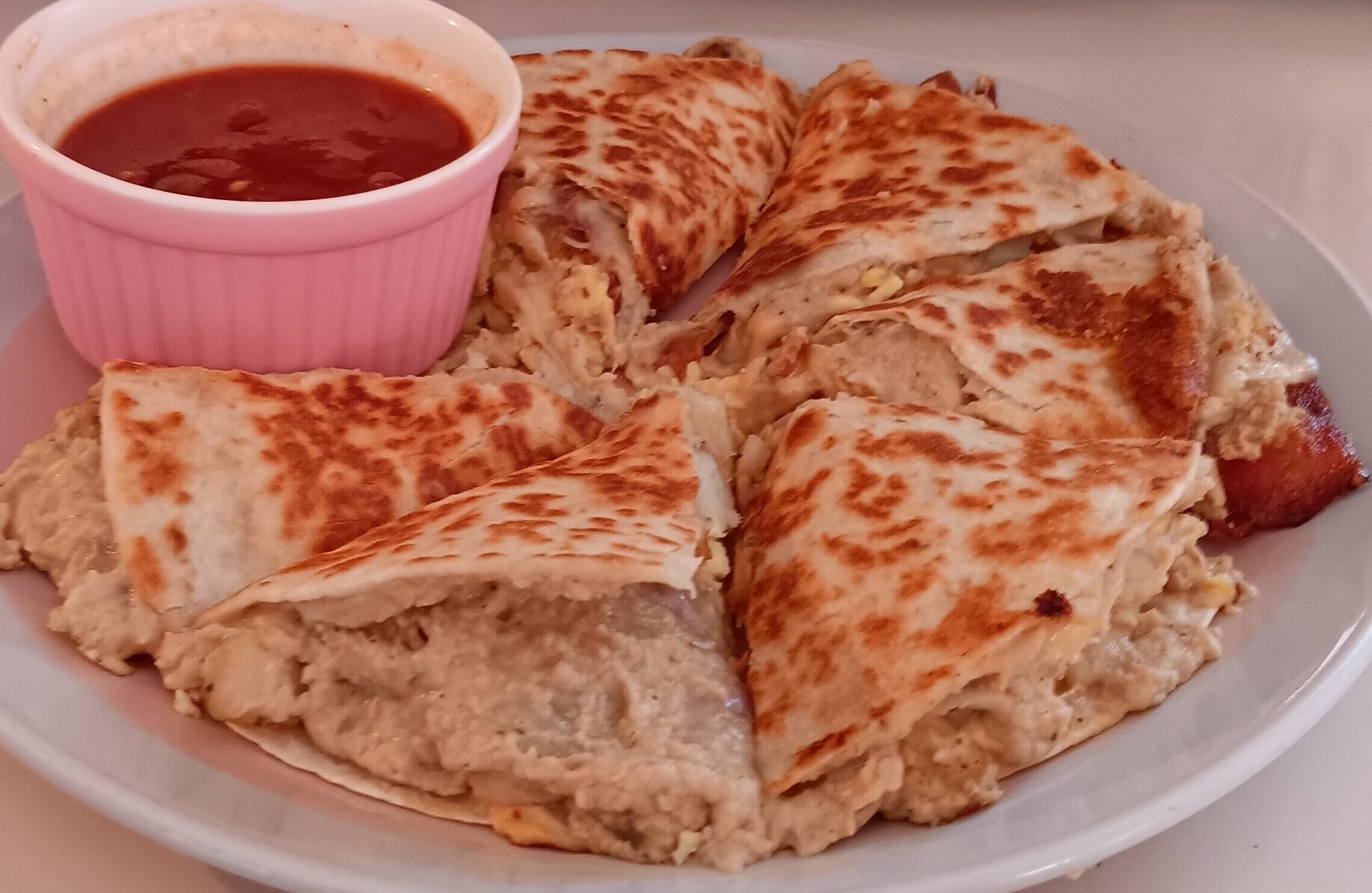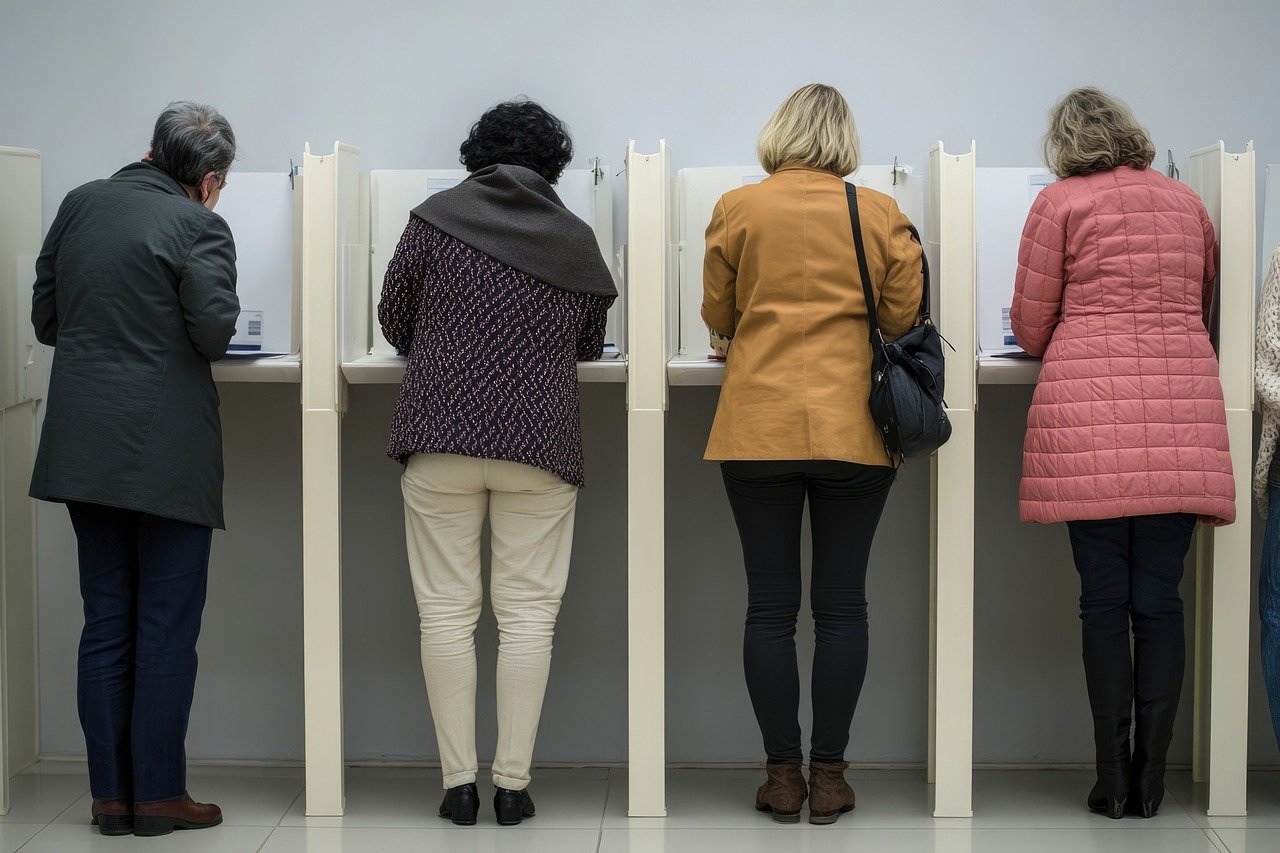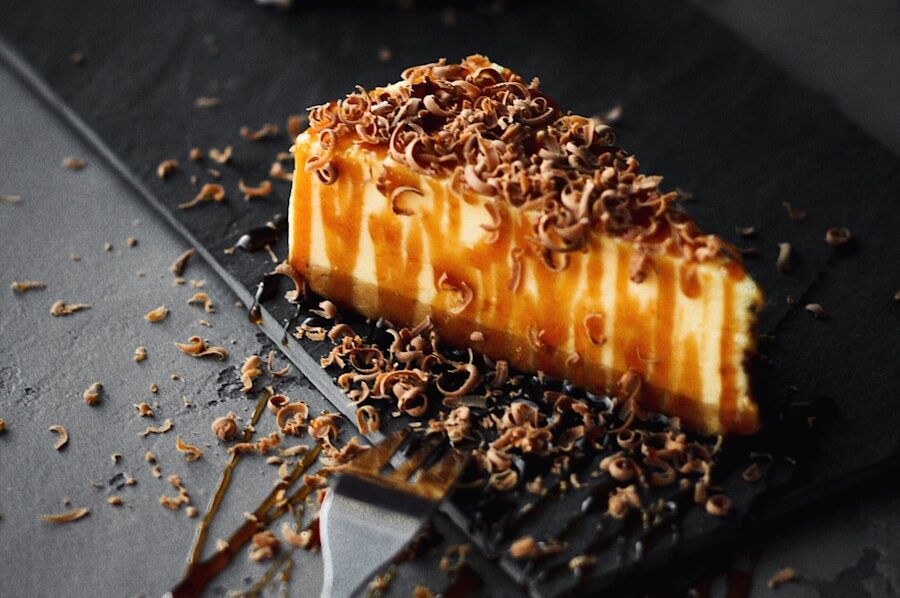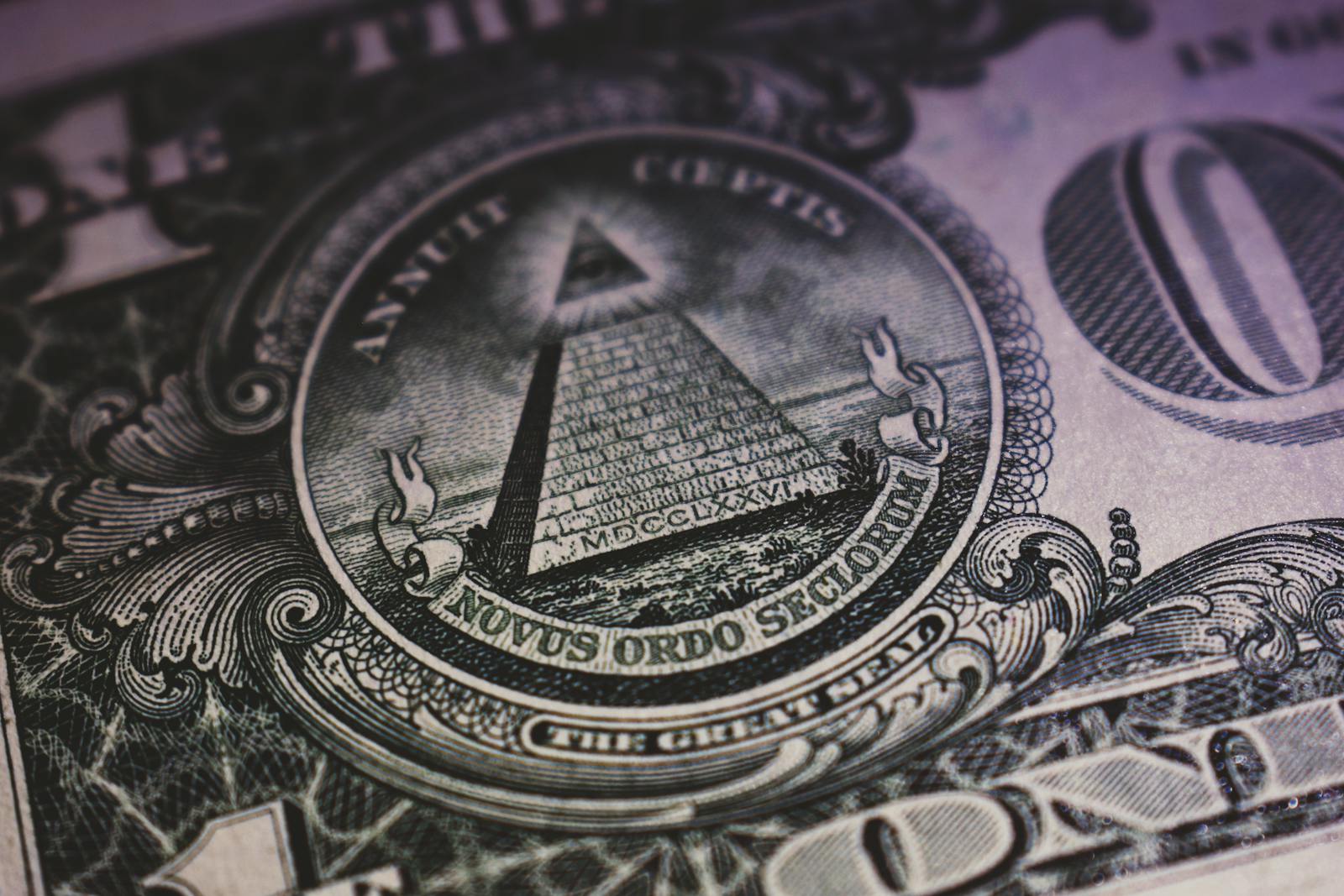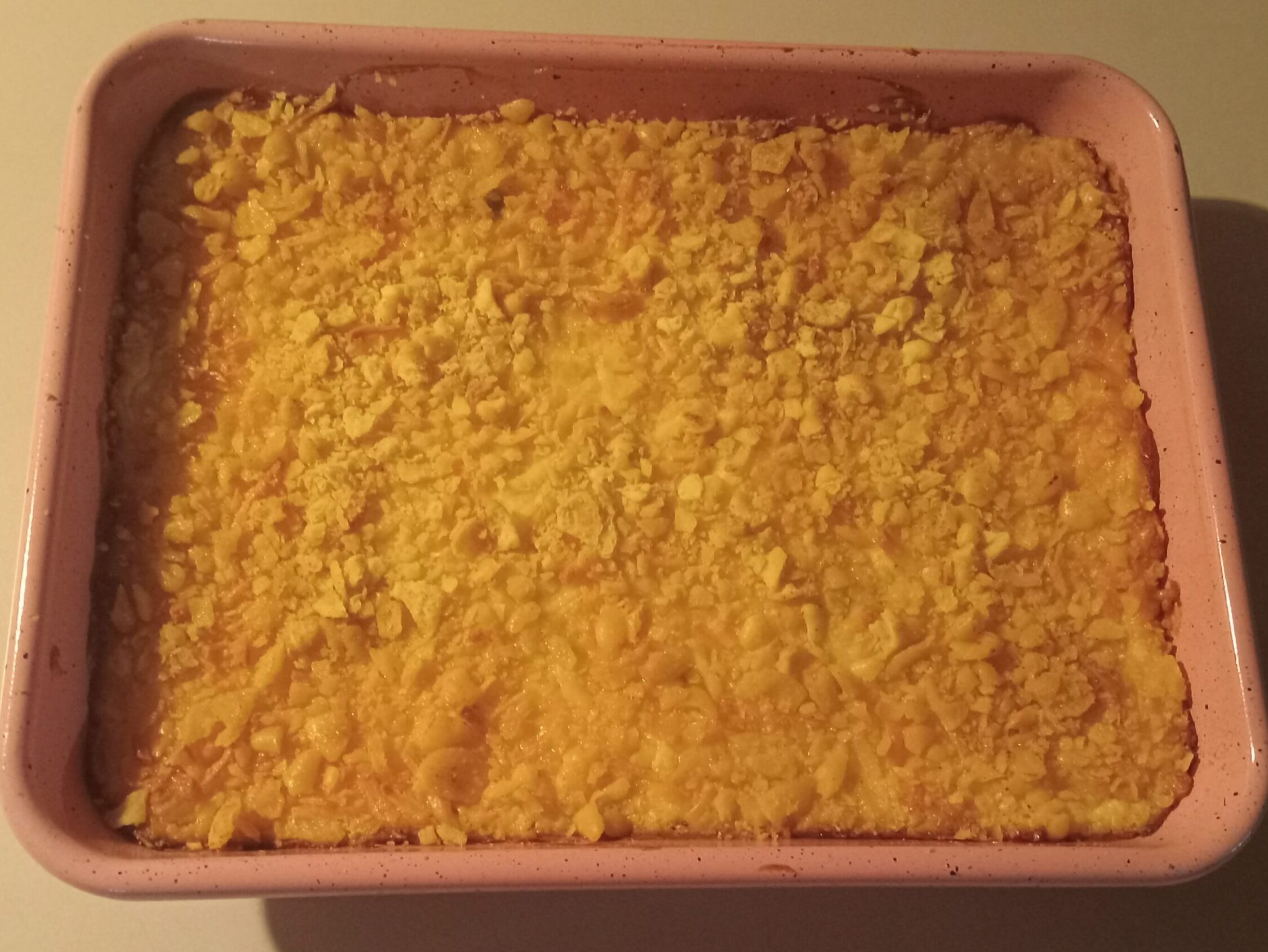The Mysteries of the Freemasons: A Brotherhood Shrouded in History and Controversy
When I first heard of the Freemasons, I thought they were nothing more than an old wives’ tale—a story passed down to entertain or frighten. Yet, as the years went by, I realized this enigmatic group was far from fictional. The Freemasons are real, and their legacy continues to intrigue and perplex people to this day.
Having dated two men who claimed to be Freemasons, my curiosity about the organization grew.
One of them showed me a Freemason Bible—a large, white volume distinctly different from the average Christian Bible. Seeing it with my own eyes confirmed that the Freemasons were not just a myth. But what exactly is this organization, and what purpose does it serve?
In this post, I’ll share what I’ve gathered over the years about the Freemasons, including my personal observations and the questions that remain unanswered.
What Are the Freemasons?
At its core, Freemasonry is often described as the world’s largest and oldest fraternal organization. Its origins date back centuries, possibly to medieval stonemason guilds. Today, it’s more of a social and philanthropic group, though many believe its influence extends far beyond charity and fellowship.
Freemasons are bound by shared rituals, symbols, and a belief in a higher power (referred to as the “Great Architect of the Universe”). They are organized into lodges, which serve as local chapters where members gather to conduct ceremonies, plan charitable endeavors, and foster community.
But that’s just the official story. Over the years, numerous theories have emerged about their real activities, sparking endless speculation.
Unraveling Freemason Mysteries: What’s Behind the World’s Oldest Order?
Freemasons refer to themselves as a brotherhood.
From what I’ve heard, being a member has its privileges. Supposedly, if you find yourself in trouble anywhere in the world, a Masonic lodge can serve as a refuge. They’ll provide help without asking questions—a level of loyalty that many find both admirable and unnerving.
However, this loyalty has also led to accusations of secrecy and corruption. Some argue that the Freemasons function more like an organized group protecting their own interests, potentially bending rules to favor fellow members.
The conflicting accounts about their inclusivity add another layer of mystery.
One former partner who was allegedly a Mason claimed the group was racially exclusive—designed for white members only. Yet I’ve met people from different racial backgrounds who also claimed to be Masons. This raises questions: are there separate factions of Freemasonry, or have its practices evolved over time?
Symbols, Rituals, and Secrets
Freemasonry is steeped in symbolism, from the square and compass emblem to the all-seeing eye.
These symbols often appear in public spaces, hinting at the organization’s pervasive influence. Rituals, conducted behind closed doors, are said to involve elaborate ceremonies, handshakes, and oaths—though the exact details remain closely guarded.
The secrecy fuels speculation. Some believe the Freemasons wield significant political and financial power, influencing events behind the scenes. Others see them as harmless traditionalists preserving ancient customs.
The Enigma of the Freemasons: History, Symbols, and Hidden Stories
The Freemason Bible I saw piqued my interest in the group’s connection to religion. While Freemasonry is not a religion, it requires members to believe in a higher power. Some Christian groups, however, criticize Freemasonry, alleging its teachings conflict with biblical principles.
This tension between Freemasonry and religion further complicates its reputation. Is it a spiritual group, a secular brotherhood, or something in between?
Questions That Remain
Despite everything I’ve learned, the Freemasons remain an enigma. Are they an altruistic group dedicated to charity, or do they have a darker side? Are they a single unified organization, or do different lodges operate with distinct rules and beliefs?
And perhaps the most intriguing question of all: why has an organization founded centuries ago continued to captivate and mystify people in the modern age?
The Freemasons are undoubtedly a fascinating subject. From their mysterious origins to their secretive rituals, they blur the line between myth and reality. While I don’t have all the answers, my experiences and the stories I’ve heard have only deepened my curiosity.
If you’ve ever encountered the Freemasons or have insights into their world, I’d love to hear your thoughts. Together, perhaps we can unravel the mysteries of this age-old brotherhood.
What do you think about the Freemasons? Are they a force for good, a relic of the past, or something more complex? Share your perspective in the comments below.
